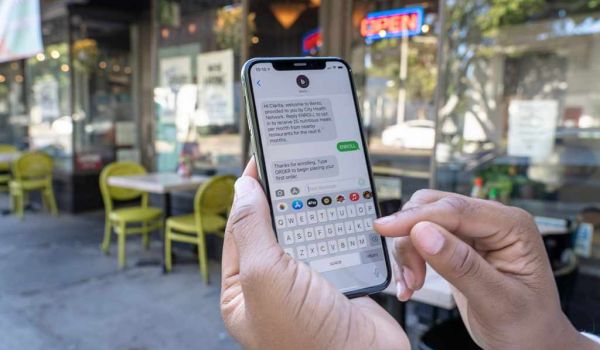There are over 7 million adults living with developmental or intellectual disabilities in the U.S. Yet many day programs for those with developmental disabilities have a cut-off age of 22. Disability advocates say this completely isolates an entire demographic of people from being involved in the world.
But in San Jose, the nonprofit College of Adaptive Arts (CAA) offers a curriculum designed for adults with disabilities, providing them the opportunity to challenge themselves cognitively and connect with other adults living with disabilities.
“Before the program was started in 2009, there were no educational opportunities for adults like me,” says Oliver Motiee, the CAA’s 2020 valedictorian. “My options were to attend a day program or stay at home. Pretty bleak options.”
Since its founding about 13 years ago, the non-accredited college has gone from a single small visual and performing arts class to an institute offering liberal arts curricula within 10 schools. The program, which currently has over 140 students enrolled, bases its standards for inclusion off of the Special Olympics model for lifelong education.
“Just like you’re not gonna kick out a Special Olympics player because they turn 30, or because they were on the team for four years, or because they’re not aspiring to try out for an NBA basketball team, we’re not gonna kick adults out,” explains co-founder Deanna Pursai, a former special education teacher. “We will allow them the integrity to learn and contribute and connect with like minded people with similar interests.”
Pursai and her co-founder, Pam Lindsay, a researcher who studies higher education programming for students with intellectual disabilities, both have loved ones living with disabilities.
Pursai’s sister, who is 15 months her junior and “basically my twin,” lives with Down syndrome and was mandated out of the school system once she turned 22, leaving her with virtually no opportunities to continue learning.
“Her whole life was just turned upside down,” Pursai says. She just had so much more to offer. And the opportunities were simply abysmal for her to really shine her brightest.”
Lindsay’s daughter, who is now 31, was diagnosed with Asperger’s syndrome when she was 9 years old. “She was diagnosed on the autism spectrum before the autism spectrum existed, before any of the research was out,” says Lindsay, who is now dean of instruction at the CAA.
The pair ended up meeting when Lindsay took her daughter to participate in a Bay Area children’s theater group Pursai ran for kids with special needs.
“Looking forward, my daughter had absolutely no options post high school for any kind of lifelong or collegiate program that was really going to match her learning needs,” says Lindsay. When she first spoke with Pursai, “we immediately realized we were two peas in a pod. She had similar things happening with her sister not having opportunities for learning.”
They went on to create a successful theater class for adults with disabilities that had 12 participants. “The parents, and the students themselves, were asking us, ‘Hey, could you do other things like have reading classes and math classes?’” Lindsay recalls. “‘Could it be like a community college where you can take classes in anything?’”
Due to the high demand for creative, mentally stimulating spaces for adults with disabilities, this single three-month musical theater class eventually turned into what the College of Adaptive is today.
“It’s important to mention that many of our students, with all different abilities, including Down syndrome and autism, have a job,” Lindsay explains. “They already have had the independent life skills training and vocational training, and most of them are out in life.” But the CAA allows adults with disabilities the space and resources to contribute to society in a wider variety of meaningful ways they otherwise would not be able to access.
At the college, students and professors alike know what it’s like to balance a career and life obligations with their disability. “Just like their students, many professors who we work with have hidden and visible disabilities,” says Pursai. Some have even been hired as professors after completing their program at the college.” CAA’s full-time employees work 30 hours a week with benefits.
The CAA recently began a first-of-its-kind partnership with West Valley College, moving the College of Adaptive Arts into West Valley College’s old Disability Services office.
“It’s a brand new model,” explains Lindsay. “We have an observation deck out there, thanks to the Rotary Club Foundation of San Jose. It’s really becoming a living-learning lab.”
The new model creates opportunities for students from both institutions by allowing West Valley students to work as professors for the CAA. “We’re trying to show that we can bring value to their college campus and be a resource” for students interested in special education or work study and service learning with adults with disabilities, Lindsay explains.

(Photo courtesy the College of Adaptive Arts)
While the program isn’t accredited and doesn’t grant students transferable credits for traditional colleges, the program still challenges students by providing a curriculum that builds on itself and challenges students cognitively, while providing them with skills and networking opportunities.
The CAA School of Business, one of its newest schools of instruction, offers a Business 101 course that teaches market research and basic business concepts. Future business course offerings will prepare students for employment with interviewing skills, resume writing, and marketing, as well as micro-enterprising and gig work.
“If somebody comes in, and their dream is to become an artist, we have lots of ways that they can sell their art into the community and to try to teach them how to do that more independently” as they move through their diploma track, Lindsay explains.
So often, disability advocates say, adults with disabilities are told they can’t do certain things before even being given the chance to make an attempt. The CAA’s student motto: “Showcase ability.”
“Well, let’s just try and see what happens,” Pursai says she always tells students. “It’s so liberating and exhilarating to prove people wrong.”
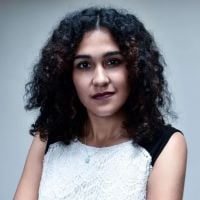
Bianca Gonzalez (she/they) is a writer intent on using words as a tool for social change. She is a solutions journalist for Next City, a case study writer for Community Solutions, and a daily news writer for Biometric Update. As a queer, Latina brain cancer survivor, she believes that justice is fundamentally intersectional.


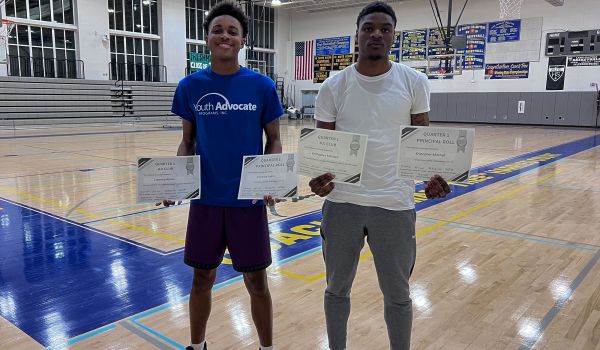
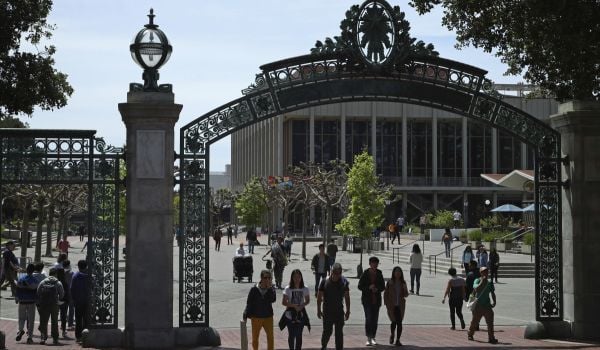
_600_350_80_s_c1.jpg)
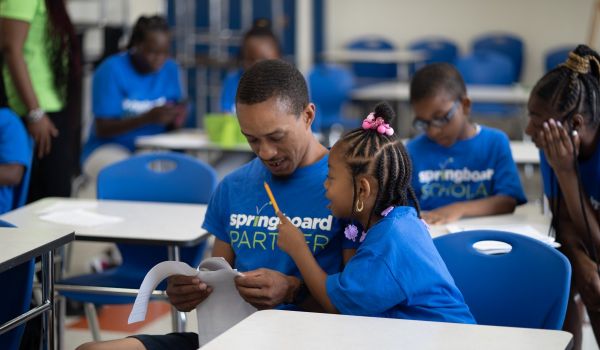

_600_350_80_s_c1.jpg)
_600_350_80_s_c1.jpg)
